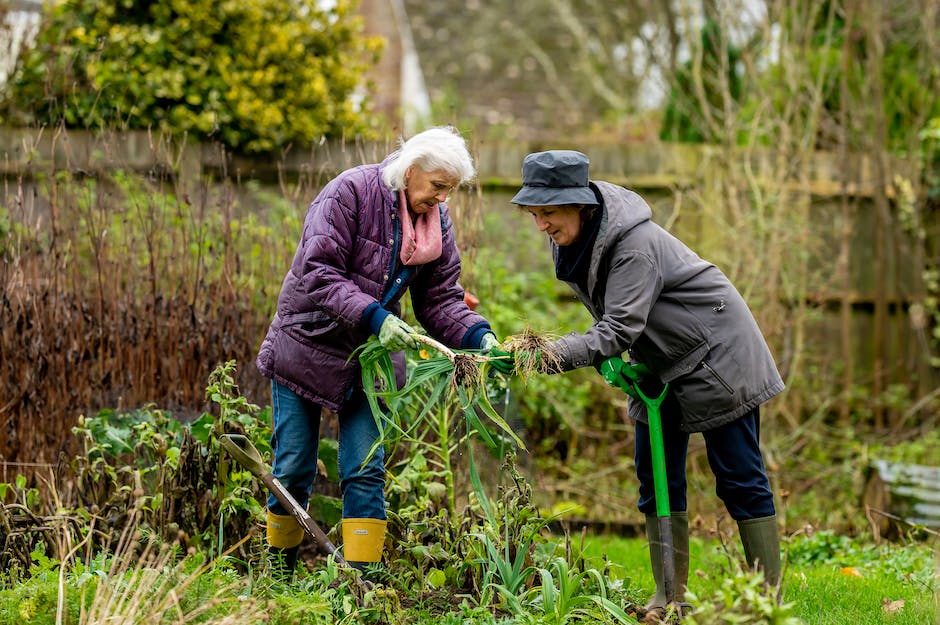
10 Elements Essential For Mental Wellness
January 16, 2019Promoting senior wellness involves addressing various aspects of an individual’s well-being. Here are 10 essential elements that contribute to senior wellness:
1) Physical Health: Physical health serves as a cornerstone of overall senior wellness, playing a vital role in maintaining a high quality of life during the later years. Engaging in regular physical activity, whether through exercise, movement, or even daily walks, contributes to maintaining flexibility, muscle strength, and cardiovascular health. Strong physical health helps seniors maintain their independence by enhancing balance and coordination, reducing the risk of falls, and improving mobility. Moreover, a healthy lifestyle that includes nutritious eating habits supports proper immune function, aids digestion, and can mitigate the onset of chronic conditions such as diabetes, heart disease, and osteoporosis. Prioritizing physical health not only fosters vitality but also positively impacts mental and emotional well-being, promoting self-confidence, reducing stress, and contributing to a more active and engaging lifestyle in the senior years.
2) Mental Health: Mental health is a vital component of overall senior wellness, profoundly influencing one’s cognitive abilities, emotional well-being, and overall quality of life. Maintaining good mental health through activities like social engagement, cognitive stimulation, and mindfulness practices is crucial for preventing cognitive decline and memory impairment. A positive mental state fosters emotional resilience, enabling seniors to effectively cope with life’s challenges and changes. Moreover, social connections and meaningful interactions contribute to a sense of belonging and reduce feelings of isolation or loneliness. Prioritizing mental health promotes a sense of purpose, enhances self-esteem, and encourages seniors to embrace new experiences and learning opportunities. By nurturing mental well-being, seniors can not only enjoy fulfilling relationships and a sense of accomplishment but also ensure a higher level of overall wellness in their later years.
3) Social Connections: Social connections are a important to overall senior wellness, playing a pivotal role in maintaining a fulfilling and enriching life. Engaging in meaningful social interactions provides a sense of belonging, reduces feelings of isolation, and fosters a supportive network that enhances emotional well-being. Strong social connections offer opportunities for intellectual stimulation through conversations, sharing experiences, and participating in activities with others. By staying socially active, seniors can mitigate the risk of cognitive decline and depression, as well as strengthen their emotional resilience to life’s challenges. Furthermore, friendships and social bonds contribute to a greater sense of purpose and joy, encouraging seniors to maintain an active lifestyle and pursue new interests. Prioritizing social connections promotes a higher quality of life, ensuring that seniors remain connected, engaged, and vibrant members of their communities.
4) Emotional Well-being: Nurturing positive emotional states, such as happiness, contentment, and a sense of purpose, contributes to reduced stress levels, improved immune function, and enhanced cognitive function. Seniors who prioritize emotional well-being are better equipped to navigate life’s challenges with resilience and a constructive outlook. Emotionally balanced individuals are more likely to engage in self-care practices, make healthier lifestyle choices, and maintain fulfilling social connections. By fostering emotional well-being, seniors can cultivate a sense of fulfillment, leading to a higher overall quality of life and a deeper appreciation of the richness that their later years can offer.
5) Purpose and Meaning: Cultivating a sense of purpose and meaning is essential for overall senior wellness, infusing life with a sense of vitality, direction, and fulfillment. Seniors who find purpose in their daily activities, whether through hobbies, volunteering, or pursuing personal passions, experience a higher sense of satisfaction and engagement. Having a meaningful purpose provides a reason to wake up with enthusiasm and contributes to mental and emotional well-being. Furthermore, a sense of purpose has been linked to improved cognitive function, as it stimulates the brain through continuous learning and goal-setting. Seniors who maintain a strong sense of purpose often exhibit greater resilience in the face of challenges, as their motivations extend beyond themselves to the positive impact they can have on others and the world around them. By embracing purpose and meaning, seniors can harness the power of intention to lead more enriching, purposeful lives, ensuring that their later years remain a source of inspiration and fulfillment.
6) Intellectual Stimulation: Engaging in activities that challenge the mind, such as reading, puzzles, or taking up a new skill, keeps cognitive function sharp and helps prevent cognitive decline. Continuous mental engagement bolsters memory retention, problem-solving abilities, and critical thinking skills, allowing seniors to navigate daily tasks and new experiences with confidence. Furthermore, intellectual stimulation contributes to emotional well-being by promoting a sense of accomplishment and curiosity. Seniors who prioritize intellectual growth often report higher levels of life satisfaction and reduced feelings of boredom or restlessness. By embracing intellectual stimulation, seniors can continue to expand their knowledge, maintain cognitive vitality, and cultivate a vibrant and active approach to their later years, enhancing their overall quality of life.
7) Spirituality: Engaging in spiritual practices, whether through religious beliefs, meditation, or philosophical exploration, provides a sense of inner peace and tranquility. Spirituality encourages self-reflection and contemplation, allowing seniors to find solace in times of uncertainty and navigate life’s transitions with a sense of equanimity. Moreover, spiritual engagement often leads to a strong sense of community and belonging, fostering social connections that enhance emotional well-being. Seniors who nurture their spiritual side often report improved mental resilience, reduced stress, and a greater capacity for empathy and compassion. By embracing spirituality, seniors can cultivate a deeper understanding of themselves, the world around them, and their place within it, contributing to a holistic sense of wellness and fulfillment in their later years.
8) Sleep and Rest: Seniors who prioritize sleep enjoy improved cognitive function, memory retention, and enhanced mood regulation. Adequate rest allows the body to repair and regenerate, contributing to better immune function and a reduced risk of chronic conditions. Moreover, restful sleep promotes cardiovascular health, regulating blood pressure and reducing the likelihood of heart-related issues. Seniors who ensure proper sleep hygiene and create a conducive sleep environment often experience increased vitality and daytime energy, fostering engagement in various activities and social interactions. By valuing sleep and rest, seniors can optimize their overall well-being, ensuring that their later years are characterized by a strong foundation of health and vitality..
9) Safety and Security: As individuals age, their physical and cognitive abilities may undergo changes, making them more vulnerable to accidents and risks. Creating a safe and secure environment helps prevent falls, injuries, and other mishaps that can have serious repercussions for seniors’ health and quality of life. Additionally, feeling secure in their surroundings fosters emotional well-being by reducing anxiety and stress. Seniors who are confident in their safety are more likely to engage in physical activities, maintain social connections, and pursue hobbies, all of which contribute to their mental and physical vitality. Moreover, a secure living environment, whether at home or in senior care facilities, promotes a sense of independence, autonomy, and dignity, enhancing seniors’ overall quality of life during their golden years.
10) Financial Stability: As individuals age, they often rely on fixed incomes, retirement savings, and healthcare resources to meet their needs. Having a secure financial foundation ensures seniors can access essential medical care, afford necessary medications, and maintain a comfortable standard of living. Financial stability also alleviates stress and anxiety related to money matters, enabling seniors to focus on their physical and mental well-being. It empowers them to participate in social activities, pursue hobbies, and maintain a vibrant social life, all of which are crucial for mental stimulation and emotional health. Moreover, a solid financial footing allows seniors to plan for the future, ensuring they can age with dignity and maintain their independence without burdening their loved ones.
It’s important to note that the specific elements of senior wellness may vary based on individual preferences and needs. A holistic approach that addresses physical, mental, social, emotional, and spiritual well-being can support seniors in leading healthy, fulfilling lives.



